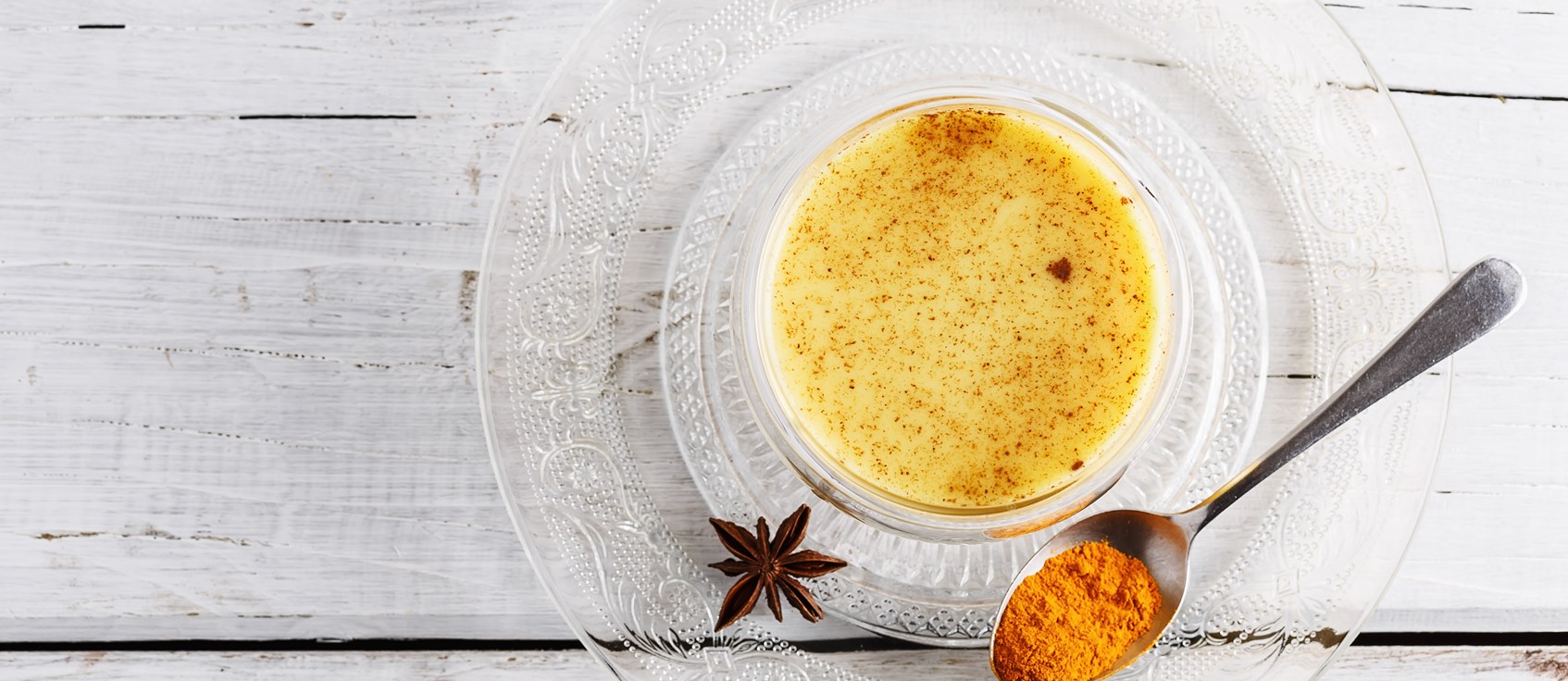
What is an anti-inflammatory diet?
Specialising in nutrition for skin health, one of the key recommendations I make for all my clients is to follow an ‘anti-inflammatory’ style diet.
Thankfully this is not a diet in the traditional sense of the word, there’s no lengthy list of dos and don’ts, but is better described as a pattern of eating with an emphasis on increasing foods that have anti-inflammatory benefits.
These include essential fats like those found in oily fish, olive oil, nuts and seeds, good quality fibre, plenty of brightly coloured fruit and vegetables, and a liberal sprinkling of certain herbs and spices. We all know these foods are considered to be healthy, but an anti-inflammatory diet, supported by an extensive bank of scientific research, takes a closer look at the nutrients that can help to manage or reduce inflammation in our body.
What exactly is inflammation?
Inflammation is typically characterised by redness, swelling, heat and pain. A certain amount of inflammation in the body is a completely normal and essential response – it is the immune system and it’s army coming to the rescue to fight infection when you pick up a nasty bug, cut your knee or break a bone. However research shows that long-term, chronic inflammation plays a role in the development of a wide range of health conditions. These include digestive issues like Crohn’s disease, ulcerative colitis and coeliac disease, obesity and diabetes, as well as rheumatoid arthritis, allergies, asthma, and certain thyroid disorders. Even in the absence of diagnosed disease, it’s important to know that many common skin complaints like acne, eczema and psoriasis are all driven by inflammation too.
In psoriasis for example, an overactive immune response triggers abnormally high levels of inflammation causing an increase in redness, scaling, and coverage and can also encourage symptoms to appear in other areas of your body.
But what does that got to do with your diet? How can food be inflammatory in the first place?
It’s not just a case of ‘what goes in, comes out’ - everything we eat is digested and absorbed by the body and if you’re eating too many refined cards, processed meats and vegetable oils and sugary snacks, it can ‘fuel the fire’ and have a pro-inflammatory effect on the body.
Core principles
- Aim to replace red meat with oily fish, try to include 2-4 servings per week. Essential omega 3 fats have been shown to reduce pro-inflammatory hormones in a similar way to anti-inflammatory drugs.
- Don’t just use olive oil for salad dressings, try drizzling it over bread instead of margarine or top with nut butter. Olive oil and nuts have been shown to suppress immune messenger cells associated with inflammation.
- Focus on colour! Fruit and veg – particularly berries are rich in antioxidants that help to combat oxidation, try to include at least 2-3 portions at each meal. Red wine, dark chocolate, tea and coffee, which are also great sources.
- Switch white bread, white pasta and white flour to high fibre carbohydrates like brown rice, wholegrain bread and pasta – remember, if it’s white, it’s not right!
- Replace sugary, salty snacks with nutrient dense nuts and seeds.
- Use plenty of herbs and spices in cooking – turmeric, ginger and garlic have particularly potent anti-inflammatory powers.
